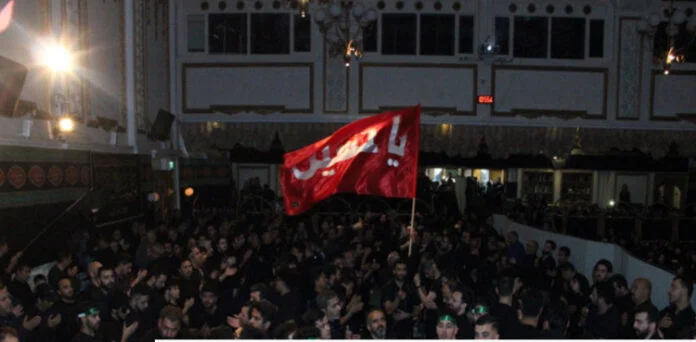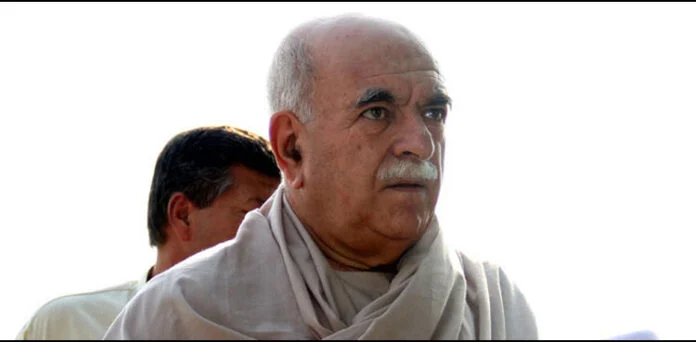
Fashion retailers such as Arvind Fashions, Trent, Blackberrys, and Madura Fashion & Lifestyle are now introducing collections almost every month, moving away from the traditional six-month cycle to meet the increasing demand for new styles. While quick rollouts have long been a strategy for global brands like Zara and Uniqlo, Indian retailers are now catching up with this trend.
A study by Vector Consulting and NielsenIQ highlights that 11% of collections have reduced timelines to 3-5 months, with 2% bringing the lead time down to under three months. Previously, 39% of apparel collections took 6-9 months to reach the market.
Retailers are accelerating collections to cater to a growing base of Gen Z consumers who actively follow fashion trends on social media and seek quick access to the latest styles. Speed has become crucial for both brands and customers.
Kulin Lalbhai, vice-chairman and executive director of Arvind, emphasized the importance of offering something new each time consumers visit stores or browse online. The shift from a wholesale distribution model to direct distribution has given retailers greater control over product launches, allowing them to shorten lead times and introduce more collections throughout the year.
P Venkatesalu, MD of Trent, noted that the company has reduced manufacturing timelines by at least 20% by improving its ecosystem to ensure faster delivery. The apparel industry is becoming more agile and efficient, with greater collaboration across the supply chain.
Retailers are dividing their collections into core and dynamic products to maintain a steady flow of essential items while adjusting the supply of trend-driven pieces based on demand. The quick fashion model requires realigning the supply chain from yarn manufacturers to fabric suppliers and fashion brands to ensure faster production and distribution.
This approach results in lower discounting, higher full-price sales, and minimized stockouts for bestsellers. At the same time, it helps reduce excess inventory for slower-moving products.
Startups are playing a key role in helping fashion brands accelerate their time-to-market. B2B manufacturing tech firms like Groyyo, Zyod, and Fashinza are streamlining the design-to-delivery process using technology. These startups enable brands to identify and launch bestsellers quickly while minimizing inventory risks. The design-to-launch timeline has been reduced from six months to six weeks, and the minimum order quantity per style and color has dropped from 2,000 to 200.
By leveraging technology, these startups create an ecosystem where brands can predict, plan, design, and source collaboratively. This has enabled them to generate nearly 10,000 new styles every month. Zyod, launched in January 2023, has collaborated with companies such as Reliance Retail, FirstCry, Boohoo, Landmark Group, and Tata Cliq.
These firms have eliminated the challenges of manually managing different stakeholders by enabling remote factory operations through technology. At the design stage, they track the most popular styles. During production, they monitor the number of pieces that need to be cut, stitched, finished, and dispatched. Some startups are also involved in procurement, ensuring better control over materials and quality.
Groyyo founder Subin Mitra highlighted the company’s hands-on approach to managing production, from design and fabric procurement to ensuring that manufacturing targets are met daily. The company has worked with 80-90 global brands, including Mango, Inditex, and Next in the UK.




















